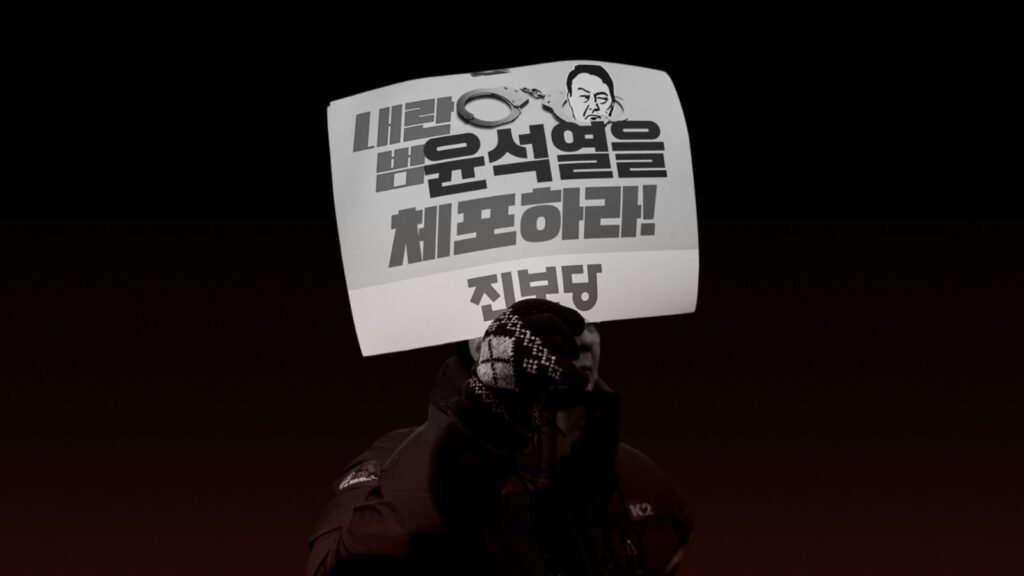South Korea’s President Lifts Martial Law Amid Growing Opposition and Calls for Resignation
South Korea’s President Yoon Suk-yeol has officially lifted martial law following a dramatic wave of domestic and international pressure. The unprecedented decision to impose martial law, citing the need to counter “pro-North Korean elements,” sparked massive protests, political backlash, and calls for Yoon’s resignation.
The controversial declaration, made on December 3, 2024, saw military forces deployed in cities, including the capital, Seoul. Protesters gathered outside the National Assembly in defiance, accusing the government of undermining democracy. The National Assembly swiftly convened an emergency session, voting unanimously to repeal the measure. Facing this united opposition, Yoon was left with little choice but to retract his decision.
Mounting Pressure for Change
Yoon’s critics argue that the imposition of martial law was an overreach of executive power and a direct threat to South Korea’s democratic principles. Protesters carried banners reading, “Democracy, Not Dictatorship,” and called for accountability. The president’s political allies and opposition members alike denounced the move, warning of long-term damage to the country’s international standing.
On December 4, the situation took another turn, as opposition leaders and activists amplified calls for Yoon’s resignation. Accusations of authoritarianism and the mishandling of domestic crises dominated headlines. Civic groups and human rights organizations demanded an investigation into the decision-making process that led to martial law.
Resignation Demands Intensify
The backlash has left Yoon’s administration in turmoil. Political analysts suggest that the president’s position is increasingly untenable as trust in his leadership wanes. “The martial law episode has eroded public confidence and exposed deep flaws in governance,” said one analyst. Demonstrations continue to gain momentum, with many South Koreans calling for systemic reforms to prevent similar abuses of power.
International Concerns
The international community has also expressed unease. Allies of South Korea, including the United States and the European Union, urged the Yoon administration to respect democratic norms. “We welcome the lifting of martial law and hope for swift measures to restore stability and public trust,” stated a U.S. State Department spokesperson.
The Road Ahead
As South Korea grapples with the aftermath, the focus shifts to ensuring such a crisis does not recur. Lawmakers are now debating reforms to limit executive power and strengthen checks and balances. Meanwhile, Yoon’s political survival remains uncertain, with growing speculation about potential leadership changes within his party.
The martial law debacle underscores the fragility of democracy and the power of collective civic action. For South Koreans, the episode serves as a stark reminder of the vigilance required to safeguard their hard-earned freedoms.


